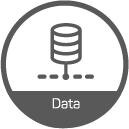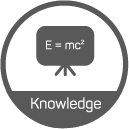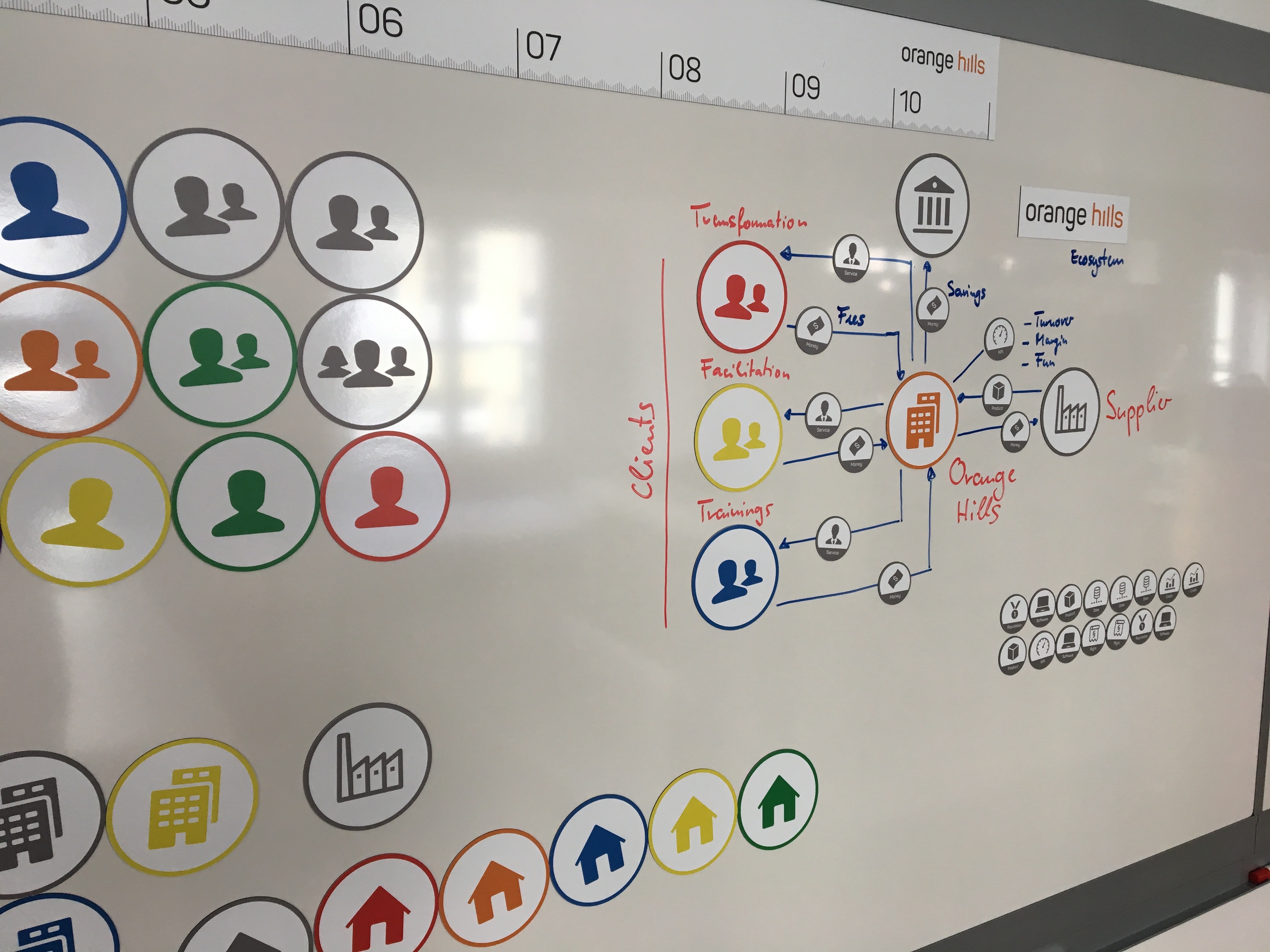Business Eco-System
Visualise your Business Eco-System by modeling actors and their relationships in a network to better understand their roles, activities and strategies. Get to know which tools we use to do so and how we like to use them on this page.
1. Overview
A Business Eco-System is a network of actors including suppliers, distributors, customers, dealers, competitors, government agencies and so on that are involved in the delivery of a specific business, product, service through both competition and cooperation. Actors affects and are affected by other actors creating a constantly evolving relationship and exchange. They all have their own strategies, play a certain role (behavior) and perform differently. Each actor must be flexible and adaptable in order to survive, as in a biological eco-system. In Business Design, we define the following actors:
Customer
User
Partner (R&D)
Partner (Delivery & logistics)
Dealer
Bank
Government agency
Server (IT)
Sensor (IT)
Different roles of organizations (e.g. Marketing, Support) etc.




To express the relationship between actors, we define the following exchange items:
Product
Service
Money
Right
Reputation
Credit
Knowledge
Data / document / message / e-mail etc.
Software
Trust
Fun












2. Layout
This example illustrates how different actors and exchange items as magnetic shapes can be used to visualize a Business Eco-System on a whiteboard.
If you need actors and exchange items as magnetic shapes, please drop us a line: support@orangehills.de

3. Usage Scenarios
Analyzing today's business environment to identify ideas how to influence the system for your benefit
4. Instructions for Coaches
Define key actors of your Business Eco-System
Describe strategies, roles and performance metrics for each actor
Define relationships (unidirectional, bi-directional) and mark them with arrows between actors
Describe the relationships between actors with exchange items
Identify hazards, errors, pains, process interruptions and brainstorm how you can influence the system for your benefit
